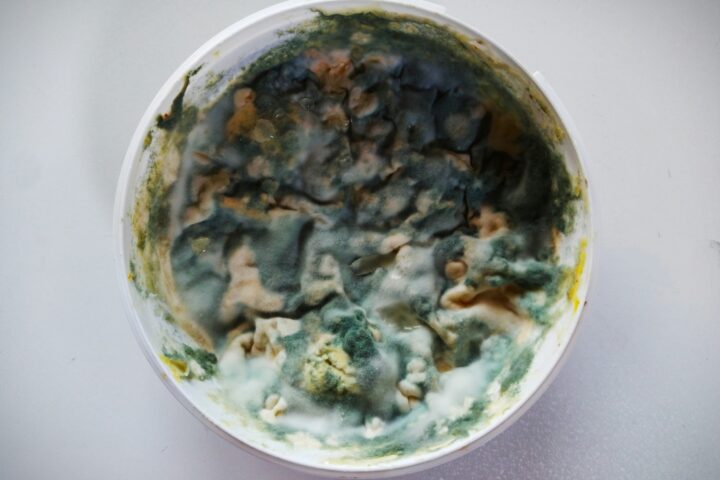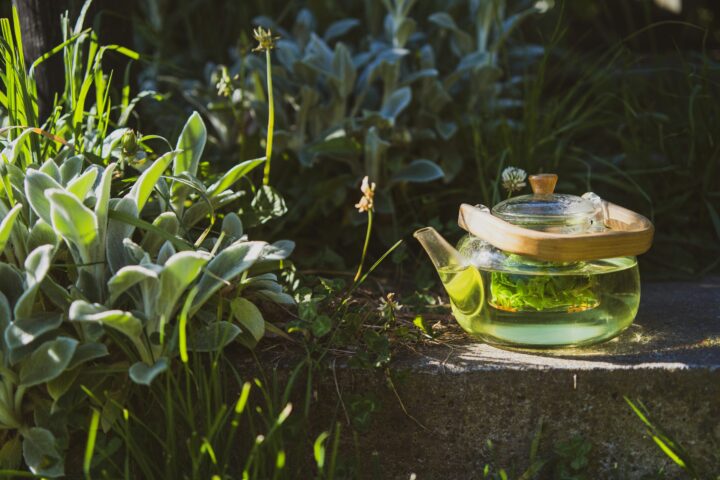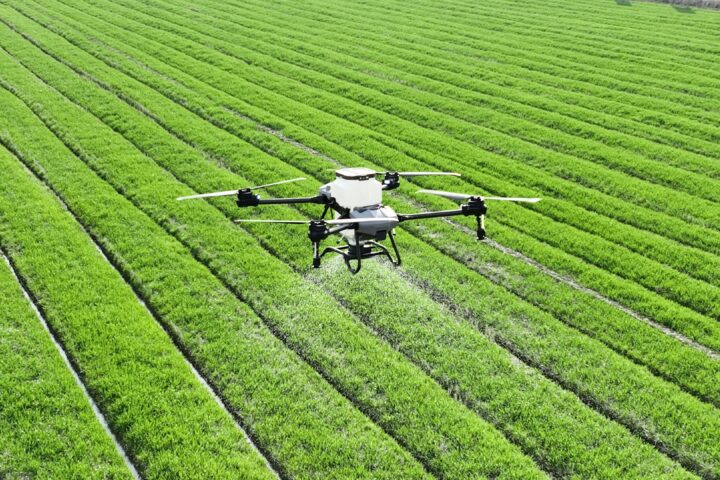
"Organic products do not require pesticides."
The fact that organic farmers work without pesticides is a commonly-held view, but it is clearly wrong. Around 60 percent of the Swiss top ten crop protection products are also approved for organic farming. The organic farming industry, in its current form, could not exist without modern synthetic plant protection products.
Friday, November 1, 2019
In brief
- Pesticides can be used as plant protection products in the field or as biocides in storage.
- More than 40 percent of the plant protection products sold in Switzerland are also approved for organic farming.
- An organic farming industry like that currently operated in Switzerland could not exist without modern, synthetic plant protection products.
Pesticides are any substance made of chemical or biological ingredients intended to prevent, destroy or combat diseases such as fungi or pests. Pesticides can be used as plant protection products in the field or as biocides in storage, transport or food processing. Such products may also be used in the organic farming sector, with restrictions. And they often are. In particular, special crops such as fruit, vines, vegetables and potatoes cannot be produced without substantial use of plant protection products, even in organic farming. And stable hygiene or safe food processing is not possible without biocides, even in bioproduction.
An organic farming industry like that currently operated in Switzerland could not exist without modern, synthetic plant protection products. The pesticides used in the organic farming industry are not inherently harmless either. For example, copper – a product without which fungal infestation in organic farming could hardly be fought – accumulates in the soil and is harmful to organisms living in soil and water. And there are also insecticides approved for organic farming, which are dangerous for bees. A ban on high-risk substances would also affect organic farming. This is confirmed by a study by Agroscope. Whether organic or conventional: When used in accordance with regulations, modern plant protection products are safe for humans, animals and the environment.
Blindspot article
Biopesticides catch up
More than 40 percent of the plant protection products sold in Switzerland are also approved for organic farming. According to the 2019 sales statistics of plant protection products in Switzerland, the trend is clearly rising. Among the five best-selling crop protection products in 2019, sulfur and paraffin oil were the top products – both are also used in the organic farming sector. Six out of the ten best-selling pesticides are allowed to be used by organic farmers.
Organic also relies on "synthetic"
Synthetically manufactured products are also used in bioproduction. These offer manyadvantages over other manufacturing processes, as explained here. For example, none of the copper salts popular in organic farming are extracted directly from nature, instead they are produced synthetically. Sulfur and paraffin oil are also two synthetic substances produced from petroleum derivatives. And many bio-crop protection products or biocides contain synthetic auxiliary substances and additives. In addition, additional plant protection products are recurrently allowed temporarily in organic farming in case of acute risk situations, in order to ensure effective protection of the harvests. In the summer heat wave in 2018, the use of the active ingredients azadirachtin and spinosad in organic farming was authorized, because otherwise the potato beetle would have eaten away the crops. You can see how the potato beetle behaves if it is not prevented by crop protection products in this informative video.
Related articles

Pesticides in Green Smoothies
After countless recipes for Christmas cookies, festive roasts and cocktails, the advice on losing weight, detoxing and beautifying oneself now takes centre stage. Most of it is sheer nonsense.

Natural Toxins: An Underestimated Risk in Our Food
Safe food cannot be taken for granted. While chemical substances are often the focus of public criticism, reality shows that the greatest risks to food safety are of natural origin. Recent recalls of infant food products illustrate how insidious bacterial toxins or moulds can be.

Herbal Teas: Making You Sick Instead of Slim
Plant protection products are frequently the focus of public criticism. Far less attention is paid to the fact that natural ingredients in teas and dietary supplements are also biologically active and can pose health risks.

Ensuring Food Security Through Innovation
Agriculture stands at the centre of a global field of tension shaped by climate change, geopolitical crises and growing demand for food. Insights from the World Economic Forum in Davos show that the industry’s response lies in the intelligent combination of digital precision and biological progress.

